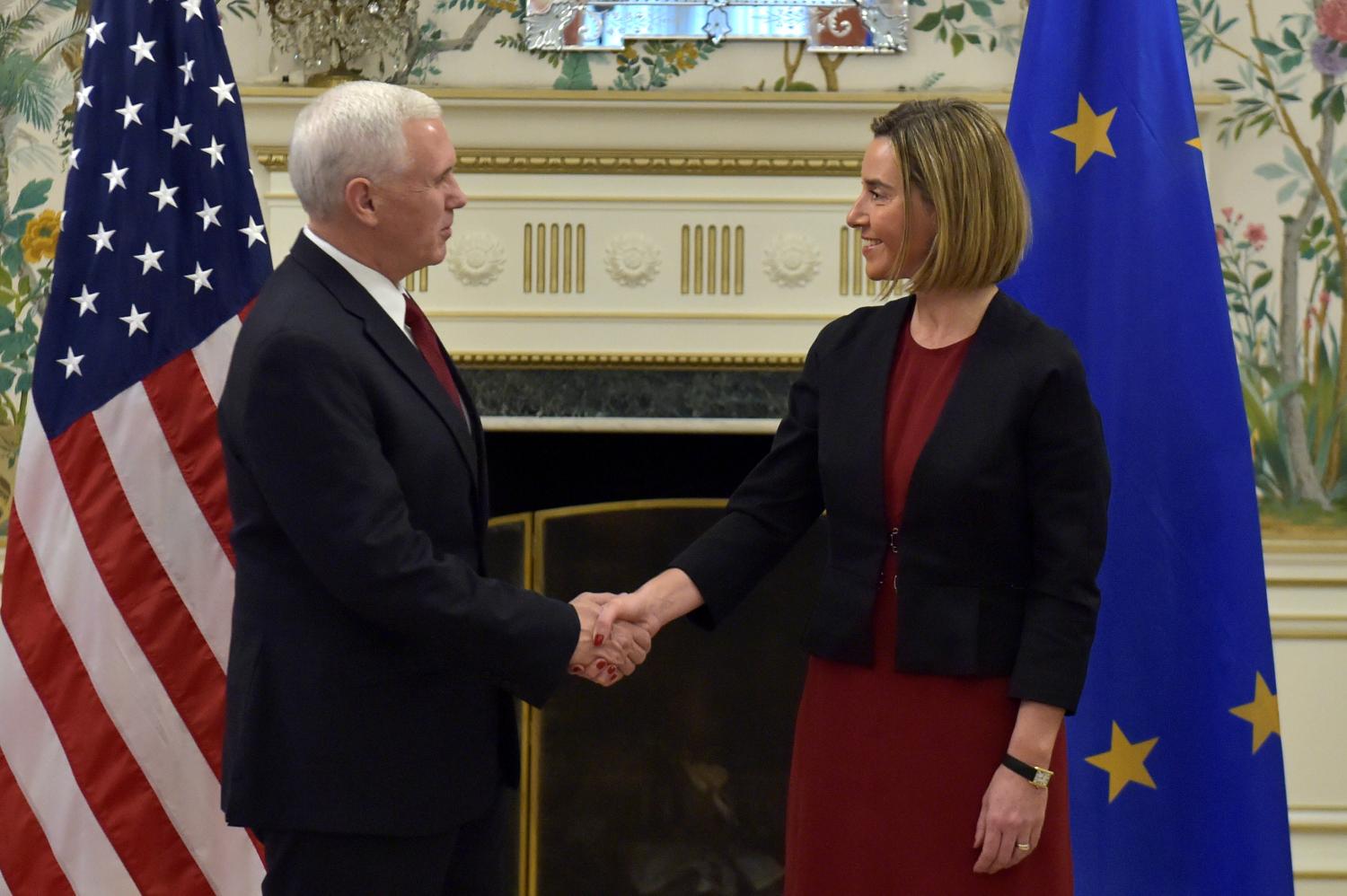A recent visit to Ukraine yielded two narratives regarding developments under President Victor Yanukovych, now in his fourth month in power. The first narrative—seemingly the dominant one in the West—holds that Yanukovych is turning the country back to Russia’s geopolitical orbit and restoring a more authoritarian political system. Perhaps; there are worrying signs.
Yanukovych’s enthusiastic engagement with Moscow has proceeded at a breathtaking pace: holding as many meetings with the Kremlin leadership as with all other foreign leaders combined; extending the stay of the Russian Black Sea fleet in Crimea; and exploring a range of deals that would dramatically increase the presence of Russian companies, including parastatals, in the Ukrainian economy. Domestically, stories circulate about government pressure on the media, and the Security Service of Ukraine (SBU) appears to have reverted to the old ways.
A second narrative, however, paints a more nuanced picture.
Senior Ukrainian officials have said that, while Yanukovych attaches priority to repairing relations with Russia, Kyiv seeks a balance between Russia and the West. Some interesting indications have emerged over the past six weeks. Ukraine’s parliament overwhelmingly voted to approve the annual plan of military exercises on Ukrainian territory, most of which involve NATO forces. The Ukrainians have reiterated their interest in an association agreement and a free trade arrangement with the European Union. And Moscow cannot be happy that Kyiv has ruled out joining the Russian-led Collective Security Treaty Organization and the Russia-Kazakhstan-Belarus customs union, or that Yanukoych has declined to recognize South Ossetia and Abkhazia, the breakaway regions of Georgia.
The Russians have shown little subtlety the past three months in rushing to build their influence in and over Ukraine. They may have overplayed their hand. Ukrainian officials are reportedly unhappy with Moscow’s overbearing attitude as well as with the continued Russian drive—despite improved relations with Kyiv—to build the South Stream pipeline to move gas around rather than through Ukraine. Does Kyiv really want to be dependent on Moscow?
Yanukovych has certainly acted rapidly to consolidate political power following his February election. There are grounds for concern, but it is too soon to say there is a systematic attempt to roll back democracy. When publishers restrain their editors from criticizing the government because they wish to curry favor with the new leadership, that does not augur well for a robust, independent media. But it is different from the government dictating editorial lines. Likewise, some media disputes may represent business interests competing to win control of particular media outlets more than they signify challenges to freedom of the press.
None of this is to say that Ukraine’s foreign and domestic policies do not bear careful scrutiny. They do. But it is premature to conclude which narrative best captures the reality in Ukraine or to base Western policy on the assumption that Ukraine’s leadership has turned away from democracy and the West and back toward Russia.
Secretary of State Hillary Clinton will make a timely visit to Kyiv on Friday. She should build four themes into the message that she brings:
- First, Ukrainian officials say they want to balance relationships with Russia and the West, but Kyiv appears to have leaned dramatically toward Moscow the past few months. Ukraine should give greater attention to developing relations with Europe and the United States. If so, the West will work with Ukraine to build robust and substantive relationships.
- Second, disturbing reports are coming from within Ukraine regarding media pressure, efforts to assert control over the judiciary, and SBU activities. It is important that Kyiv understand that a rollback of democracy would severely damage Ukraine’s image in—and relations with—the West.
- Third, Ukraine appears to be doing many rapid deals with the Russians. That is Ukraine’s prerogative. But Kyiv should be careful: the West will not be able to help if Ukraine negotiates away some of its sovereignty.
- Fourth, genuine reform of the Ukrainian economy remains critical. It will improve living standards and give Kyiv greater wherewithal to pursue foreign policies of its own choice rather than out of necessity.
The West cannot be indifferent to what happens to Ukraine. Secretary Clinton can put down important markers as to how Ukraine’s relations with the United States and Europe should develop.
The Brookings Institution is committed to quality, independence, and impact.
We are supported by a diverse array of funders. In line with our values and policies, each Brookings publication represents the sole views of its author(s).




Commentary
Op-edUkraine—Not Yet Lost
June 30, 2010